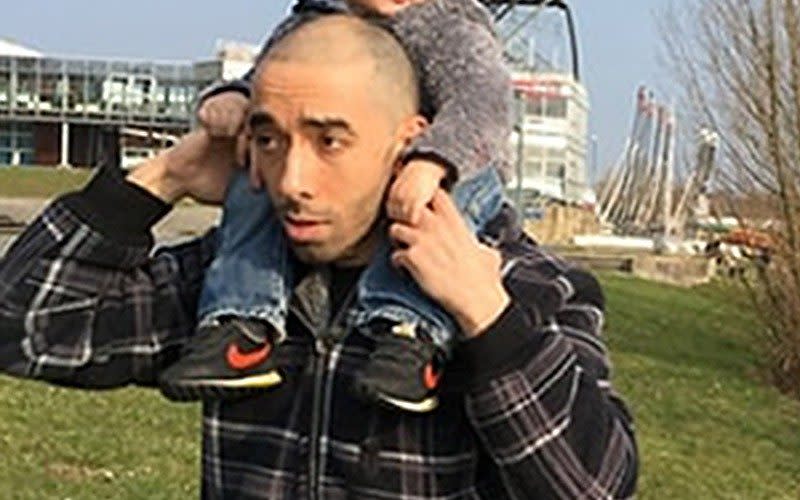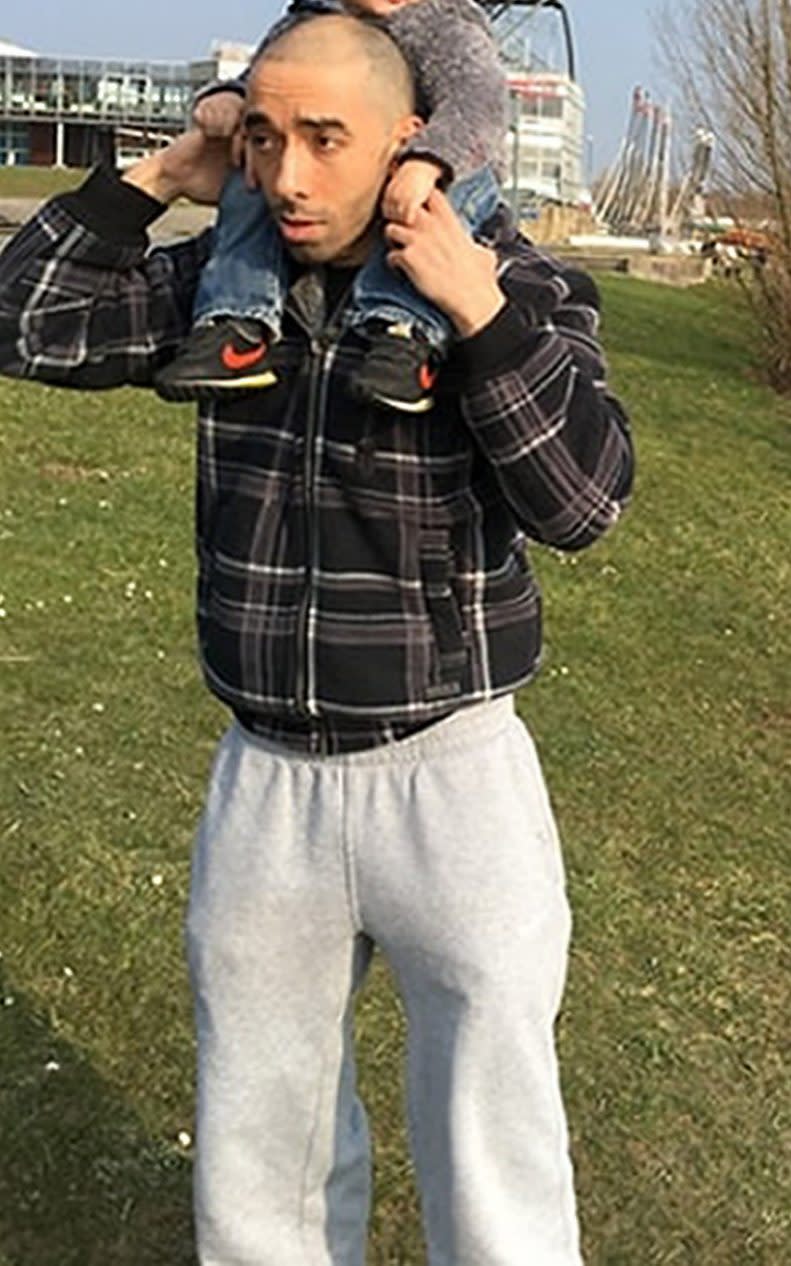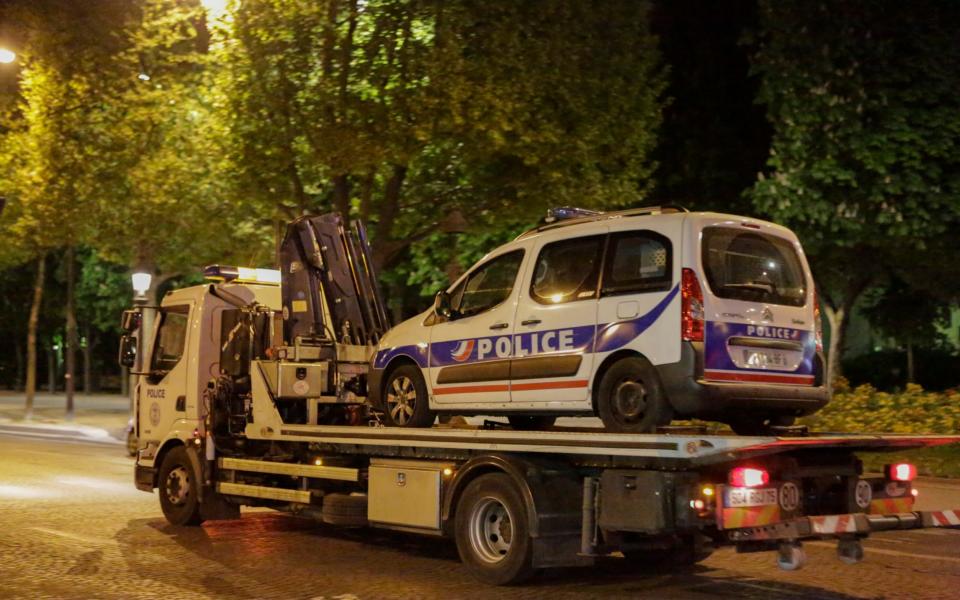Paris attack: who is Karim Cheurfi, the gunman who lived with his mother and was 'let go' by French authorities in February?

Karim Cheurfi was a deeply troubled, introverted and “psychologically fragile character” but appeared unlikely to get involved in Islamist extremism, according to his former lawyer.
Jean-Laurent Panier, who defended the suspected Champs-Élysées gunman in a theft trial, said he showed “no sign that he belonged to any movement, or of radicalisation”.
Mr Panier added: “He was very solitary, someone who was particularly isolated. He lived with his mother and had contact with his father, and there was a family that tried to support him but felt powerless.”
Cheurfi had a long criminal record and spent more than a decade in prison for attempted murder.
The lawyer painted a picture of a naive man, who took part in a theft and was “left to face the music" when his accomplices fled.

“I never got a sense that this was someone who would be radicalised,” Mr Panier said.
A 39-year-old French national, Cheurfi had been under preliminary investigation for terrorism since March. He had been questioned in February over threats to kill police officers but allowed to go free.

After he shot dead a police officer and injured two others on Thursday night, the so-called Islamic State of Iraq and the Levant claimed the attack. It described him as a “soldier” and referred to him by the pseudonym, “Abu Yousif al-Belgiki” (the Belgian), implying that he was from Belgium, when in fact he was French.
Cheurfi was not flagged up as an Islamist radical in prison.

He was not on the police “S” watchlist of known terror suspects although he appeared on the counter-terrorist services’ radar last December, according to Le Monde, slightly earlier than previously thought.
At the time, police were tipped off that he wanted to “kill police officers to avenge Muslims killed in Syria,” said the newspaper citing security forces. He was also seeking weapons and a way of contacting an Isil contact in Iraq or Syria. A judicial inquiry was opened in Meaux but this was not terror-related.
In January, however, he was added to a radicalisation and terror prevention and alert list created in 2015 in the wake of the Charlie Hebdo attacks to better keep tabs on individuals with possibly violent plans. This file contains 16,000 names, including 4,000 receiving particular attention.
Police interrogated him on February 23 after he reportedly made threats on the Telegram online messaging service favoured by Islamist extremists because of its encrypted communications.
Police had been tipped off that he was attempting to procure weapons to attack police, but released him because of a “lack of proof” that he had been radicalised or was likely to carry out an act of terrorism, security sources said.
Witnesses had also told investigators that they overheard him making threats.
His radicalisation “accelerated” in March, said Le Monde, when the DGSI, French domestic intelligence, took an interest in his “more serious” attempts to contact a combatant in the Middle East.
He was still not considered a priority among the 2,000 individuals linked to Syrian and Iraqi networks in France. Anti-terror prosecutors opened an inquiry but had found no evidence of an imminent threat.
However, he was seen as someone with potential Islamist sympathies and was described as “excessively dangerous and violent”.
After police shot him dead, they found a handwritten note praising Isil near his body, and a Koran was recovered in his car.
But questions remained about why Isil had described him as a Belgian.
Paris shooting: Terror on Champs Elysees – in pictures Register Log in commenting policy

 Yahoo News
Yahoo News 
